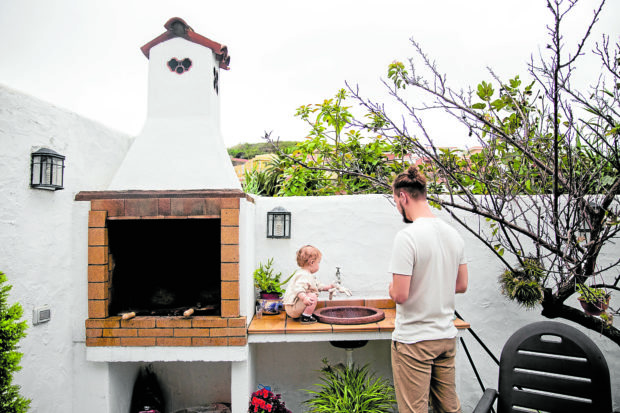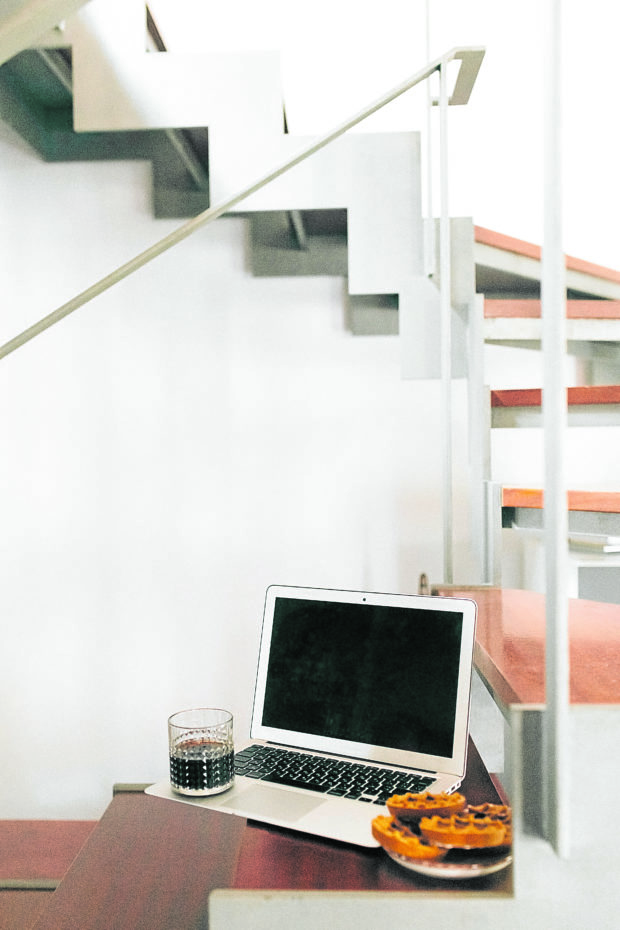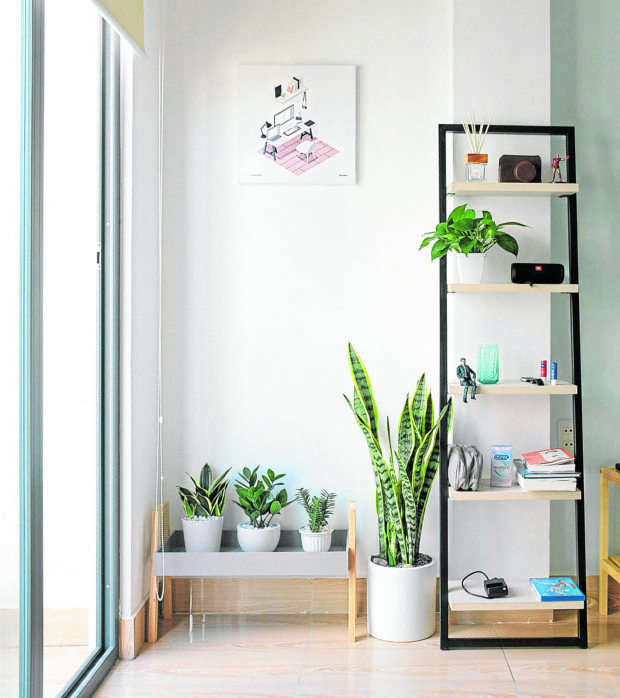A flexible home for a safe, hopeful future
The new normal has drastically transformed the way we live. To avoid the spread of the COVID-19 virus, many of us have to work or study at home. Some of us also have to cope with isolating ourselves during sickness. These unique situations call for changes with regard to our spatial arrangements. While there are those who can afford to renovate their homes nowadays, not everyone can be so fortunate.
How can we modify our homes to suit our needs during these times? The key to these changes is flexibility. Here are some ways we can introduce new spaces in our home without having to resort to drastic measures.
An anteroom for cleaning up
It’s nice if you have a reception or entryway at home where visitors can disinfect first before facing everyone. If you don’t have one, however, there’s no need to fret.
You just need a cart or a table where alcohol, tissue, face masks and other items for cleaning up can be placed near the entrance door. A shoe rack nearby would also prove handy. If you’re opting for a desk, provide an empty surface area which can accommodate delivered packages that have to be sanitized. When it comes to hand washing, an outdoor faucet would suffice. A garage where you can position a slop sink would also work. At the most, you can just direct guests to the nearest sink to wash up before meeting everyone.
A space for Zoom
If you’re one of those currently working or studying at home, chances are, you’ve struggled with video conferences. Unless you’ve got a beautiful Zen garden or a spotless bedroom to use as a background, it can be difficult to find a space where you can participate in an online meeting peacefully.
Thankfully, you really just need a comfortable desk and a presentable wall to do that. If you have a bare wall, adding a lovely painting on it can do wonders. A chalkboard or a corkboard can also prove to be useful when placed in the background, as it can also serve as a tool during your online conference. If you’ve got several kids needing to use Zoom at the same time, you can create temporary private spaces with the use of partitions. These panels would have to be really high to effectively contain sound, but a headset would provide a quick solution if you have problem with acoustics.
An isolation room
Nowadays, it is extremely handy to have multiple bedrooms and baths at home to prevent the spread of disease. If you live in a small home where you have to share facilities, however, temporary solutions are in order.
When it comes to sleeping spaces, a living area with soft seating can easily become a makeshift bed. It’s best to give the sick member of the family the bedroom so he or she can recover comfortably. It is important, however, that he or she remains inside the room at all times until cleared by the doctor. Whether you live in an apartment or a single detached dwelling, remember to crack open a window to allow natural ventilation.
A shared bath, meanwhile, is a little more difficult to handle. If you have to use the same toilet as a sick person, make sure to always sanitize and disinfect the room. If possible, it’s best to use a face mask and wash hands thoroughly when using shared facilities. Use also an exhaust fan or an open window to ensure proper air circulation in the area.
A makeshift garden
You’re lucky if you have an outdoor yard where you can keep plants and hang out nowadays. If you happen to live in a single-bedroom apartment, however, you can still create an alternative green area by using plant racks and shelves.
Utilize window sills to serve as a space for small plants. Your balcony can also serve as a place to grow herbs or even create a hydroponics setup. If space is really tight, opt for a green wall or some hanging plants.
Flexibility is the key
Today, many homes and condominiums are being built with the now normal in mind. If you’ll notice, however, most new features offer flexible spaces instead of permanent solutions. This is perhaps a wise approach to the COVID-19 pandemic. While the situation is taking longer than first expected, sooner or later things will get better.
The same approach should also be considered when it comes to our homes and living spaces. While we may be facing several challenges with our living situations nowadays, eventually the now normal requirements will cease to be essential. We just have to hope for the best and make the most of things for now.
Sources:
Washingtonpost.com, Forbes.com, Huy Phan, Nataliya Vaitkevich, Tatiana Syrikova via Pexels.com



